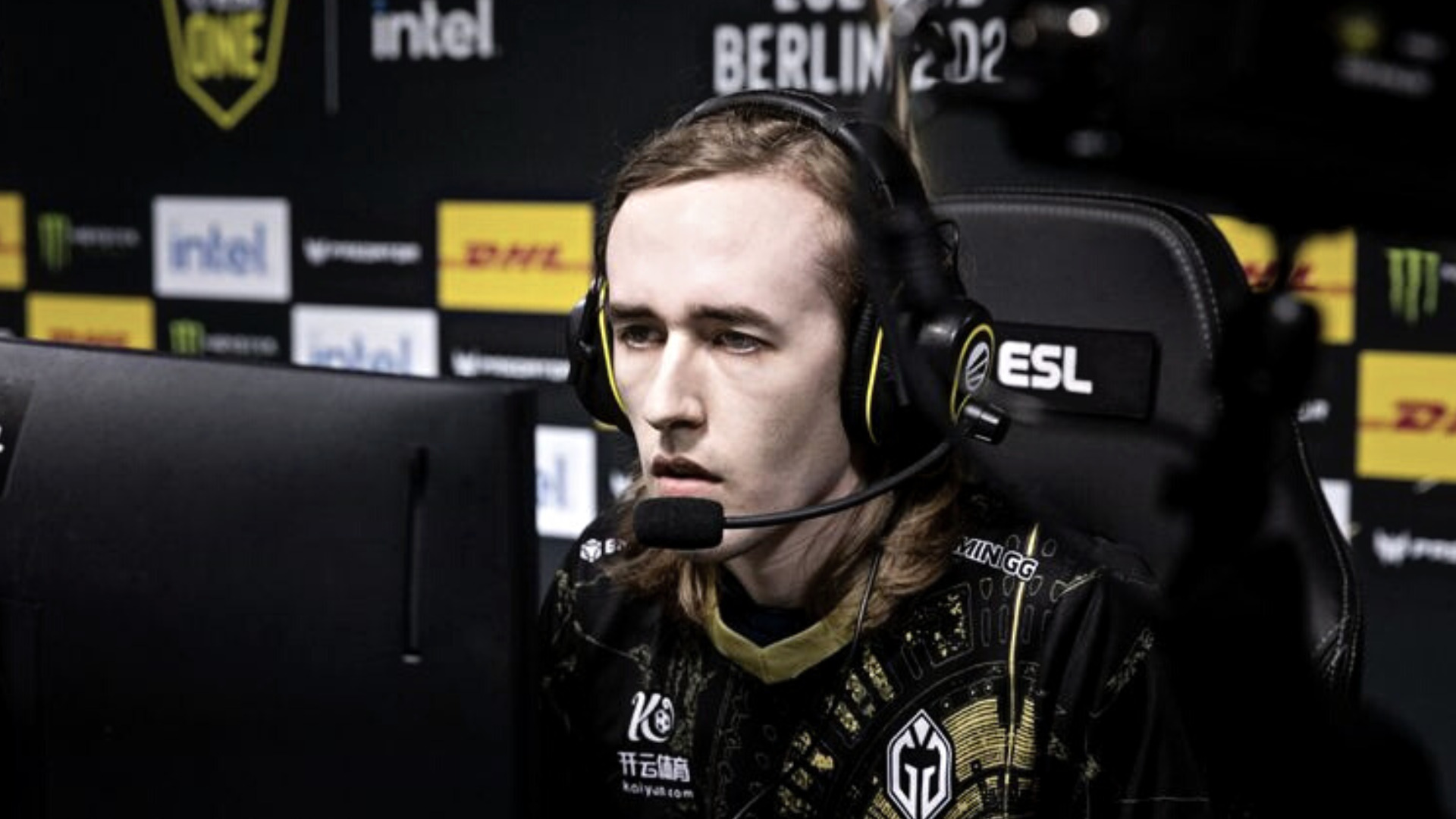Boat Drops: Your Portal to Aquatic Adventures
Explore the world of boating with tips, news, and insights.
Griefing Penalties in CS2: Are You Playing with Fire?
Discover the risks of griefing in CS2! Uncover the penalties and learn if you're playing with fire in your favorite game.
Understanding Griefing Penalties in CS2: What You Need to Know
In the world of Counter-Strike 2 (CS2), griefing has become a significant concern, leading to penalties designed to maintain fair play. Griefing refers to actions taken by players that intentionally disrupt or hinder the gameplay experience of others, such as team-killing, blocking teammates, or using in-game mechanics to frustrate fellow players. Understanding the griefing penalties outlined by Valve is crucial for players who wish to avoid sanctions that could impact their gaming experience.
Typically, griefing penalties in CS2 can range from temporary suspensions to permanent bans, depending on the severity of the offense. Players are usually first warned through a matchmaking warning before facing harsher consequences. It’s important to remember that consistent negative behavior can lead to more severe repercussions. For the sake of maintaining a healthy gaming environment, staying informed about the rules and adhering to them not only protects your account but also enhances the overall experience for everyone. Always check the official game documentation for the most up-to-date information on penalties.

Counter-Strike is a popular tactical first-person shooter game that emphasizes teamwork and strategy. Players can engage in intense matches with various game modes, including the competitive mode that has become a staple in eSports. For those looking to enhance their in-game experience, the CS2 Stash Box offers exciting opportunities to acquire new skins and items.
Consequences of Griefing: How It Affects Your CS2 Experience
Griefing in CS2 can have dire consequences that extend beyond the immediate gameplay experience. Players who engage in griefing often disrupt the flow of the game, causing frustration not only for their targeted victims but also for teammates. This behavior can lead to a toxic atmosphere, resulting in players abandoning matches, which affects overall game dynamics and can even lead to penalties or bans for the griefer. Furthermore, griefing can skew match statistics, as skilled players may find their rankings diminished due to intentional disruption rather than genuine competition.
Moreover, the impact of griefing can create a ripple effect, where new players may become discouraged and leave the game entirely. This not only diminishes the player base but also undermines the community spirit that is essential for a healthy gaming environment. As players encounter griefers more frequently, they may develop a negative perception of CS2, impacting the game's reputation and potentially stunting its growth. In conclusion, griefing carries serious consequences that ultimately detract from the overall CS2 experience, highlighting the importance of fostering a respectful gaming community.
Is Griefing Worth It? Exploring the Risks and Rewards in CS2
In the world of Counter-Strike 2 (CS2), the practice of griefing has sparked intense debates among players. While some may see it as a way to have fun or assert dominance, the risks often outweigh the rewards. Griefing can lead to a range of consequences including temporary bans, a tarnished reputation, and less enjoyment for the grieving player's teammates. For many gamers, the thrill of gaining an advantage in the game does not compensate for the potential fallout that could result from such disruptive behavior.
Moreover, the community tends to frown upon players who engage in griefing. This not only diminishes the overall gaming experience but may also discourage new players from engaging in the CS2 environment. Instead of fostering teamwork and skill development, griefing can create a toxic atmosphere. Therefore, while the immediate gratification might seem appealing, players should carefully weigh their options and consider the long-term impacts of their actions in the CS2 ecosystem.